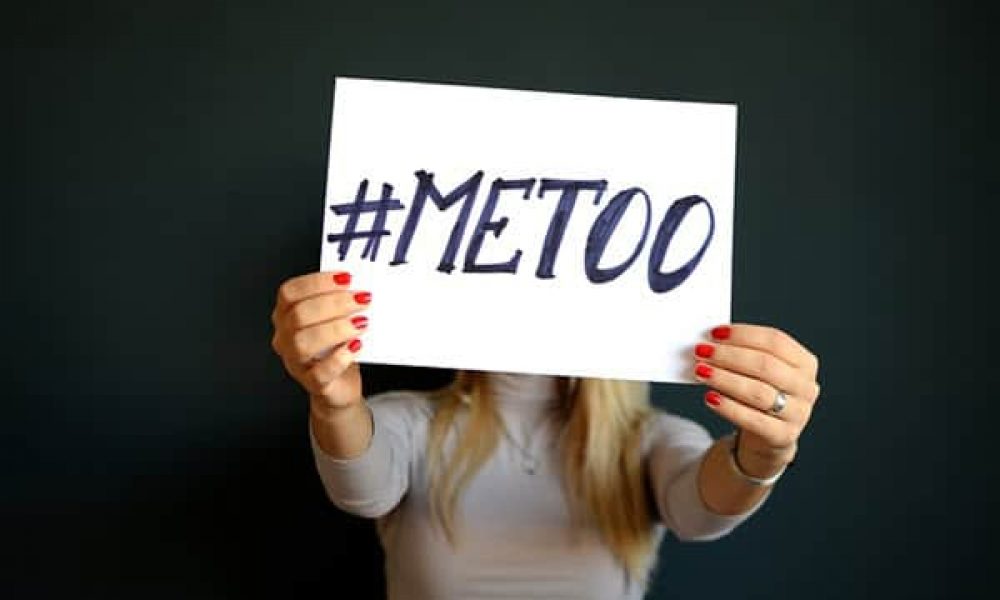The ripple effect from the #MeToo movement continues to impact legislation in state and local governments, as many of our recent e-Alerts can attest. While some legislative actions are still in progress, we have several updates to report.
Recent updates:
Maryland
Effective October 1, a new Maryland law prohibits employment contracts or agreements from including provisions that prevent employees from reporting or remedying claims of sexual harassment or retaliation. Employers who attempt to enforce such agreements are liable for the employee’s attorney fees and costs.
Additionally, employers with 50 or more employees must submit a survey to the Maryland Commission on Civil Rights with information on settlements made by or on behalf of an employer relating to sexual harassment allegations.
New York City
Mayor Bill de Blasio signed the sexual harassment training legislative package which we reviewed in an e-Alert in May. While the requirements mostly overlaps with new state requirements, there are a few additional provisions:
- The training must provide information about bystander intervention to curb workplace harassment.
- The training must be “interactive”; this means participatory teaching whereby the trainee is engaged in a trainer-trainee interaction, either live or using audiovisual, computer, online, or other participatory forms of training determined by the New York City Commission on Human Rights.
- Managers and supervisors will need to complete additional training:
- The training must be interactive (participatory) and cover the following topics:
- An explanation of sexual harassment as a form of unlawful discrimination under city, state and federal law;
- A description and examples of sexual harassment;
- The employer’s internal complaint process for sexual harassment claims;
- The complaint process available through the NYC Commission on Human Rights, the NYS Division of Human Rights and the EEOC, including contact information;
- The prohibition of retaliation and examples of retaliation;
- Information concerning bystander intervention, including how to engage in bystander intervention; and
- Supervisors and managers must also be trained on their specific responsibilities in the prevention of sexual harassment and retaliation, and how to appropriately address sexual harassment complaints.
- Records of training and signed acknowledgment forms must be kept for at least three years.
- Training must be provided to new employees within 90 days of hire, unless the employee received training at another employer within the same training cycle, and once per cycle to all employees otherwise.
Tennessee
Tennessee recently enacted an amendment prohibiting employers from requiring employees or prospective employees to sign nondisclosure agreements related to sexual harassment claims.
States with training requirements:
More and more states are adding sexual harassment prevention training requirements. The following are currently on the books: New York State, New York City, Maine, California, and Connecticut; several states have proposed legislation that is expected to pass in 2018 – 2019. Not training your staff is has never been an excuse that flies with the Equal Employment Opportunity Commission (EEOC) when employers are faced with a sexual harassment claim, and now with these new training requirements it will be against the law to not train your staff, so employers must take action to come up with a training plan that complies with the various state laws that require training, including CA, CT, NY, NYC and Maine.



